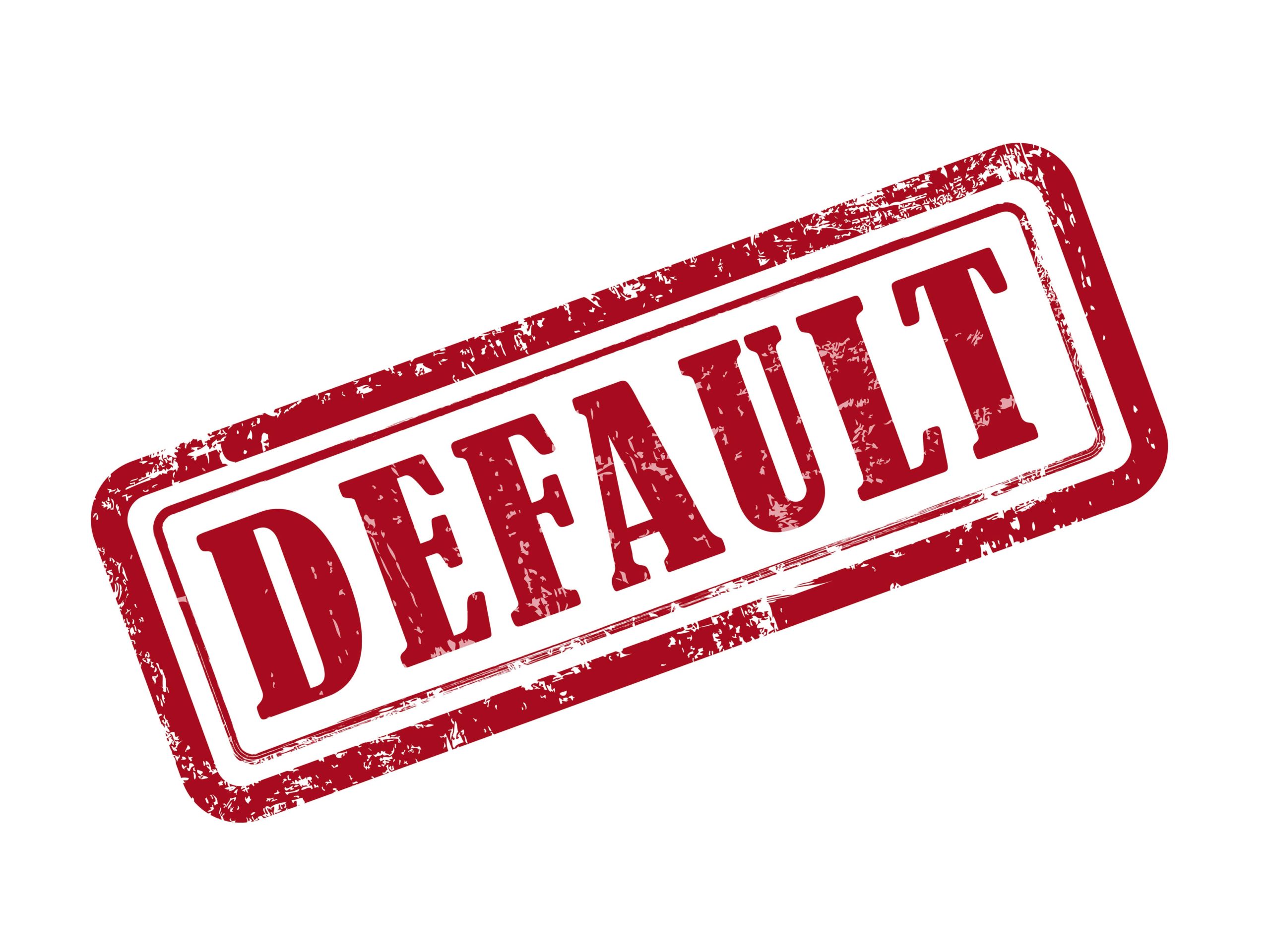What Does It Mean To Default On A Loan Or Credit Card?

Default is the failure to repay a debt.
When you default on a debt, it means you’re unable to fulfill your obligations under that loan agreement. This could be due to financial difficulties, or because of other personal circumstances (such as illness).
If you default on a loan, the lender may take steps to recover the money they are owed. This can include taking legal action against you in court, or forcing you into bankruptcy.
*** SPECIAL NOTE *** – If your credit cards, personal loans, or medical debts have become unmanageable and you owe over $20,000… then go here for debt relief. We can help!
Rules And Regulations Regarding Default
There are different types of loans which have different rules and regulations surrounding default.
For example, some lenders require an automatic payment plan setup to reduce their risk of defaults.
If this isn’t possible for any reason, interest payments may increase as a result of late payments/defaults – something that could significantly increase the overall cost of your loan.
While it may seem like a simple concept to understand, defaulting on a loan can have serious consequences that can affect your financial wellbeing in the long term.
There are a range of different factors that can contribute to debt/credit challenges – for example, a recent job loss, unexpected expenses or even underemployment.
If you’re experiencing difficulty making repayments on your loans, it’s important to seek professional advice as soon as possible.
This will allow you time to develop and implement an effective plan that tackles debt head-on and minimizes the negative impact defaulting can have on your finances.
Whether this involves negotiating with creditors or seeking help from a credit/debt counseling service, it’s important to act quickly and responsibly to ensure your situation doesn’t get worse.
If you are experiencing financial difficulties or other personal circumstances (such as illness) that are impacting your ability to repay your loans, it is important to seek professional advice as soon as possible.
At Americor, we understand the unique financial challenges people are facing today.
As America’s trusted source for debt relief solutions, we aim to empower you with financial knowledge that can lead to informed decisions, whether it’s about savings, investments, or managing debt.
If your debt has become unmanageable and you have difficulty making your debt payments each month, then you should consider a FREE consultation call with one of our certified Debt Consultants, who can provide personalized debt relief advice tailored to your specific needs.
By taking proactive steps today, you can put an end to your financial stress and work towards a brighter financial future.
Remember, there is always hope for debt relief, and our team of experienced professionals are ready to guide you on your journey to regaining control of your finances.
For more information on Americor’s debt relief services, contact us today to see how we can help you eliminate your debts, and get on the fast-track to becoming completely debt-free!